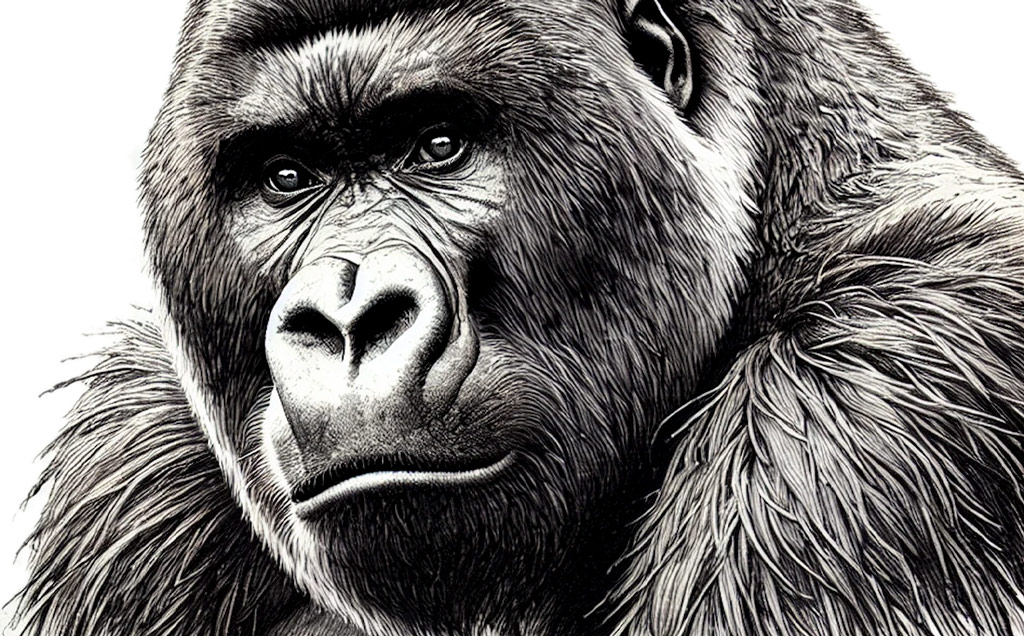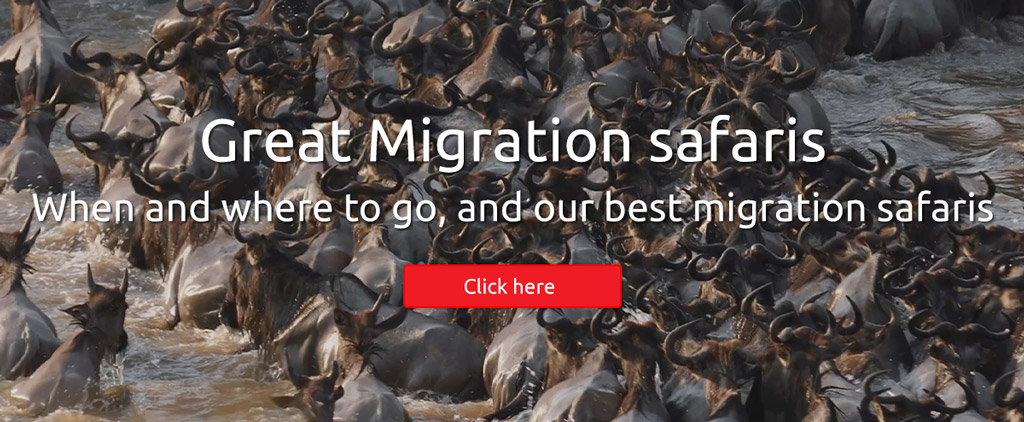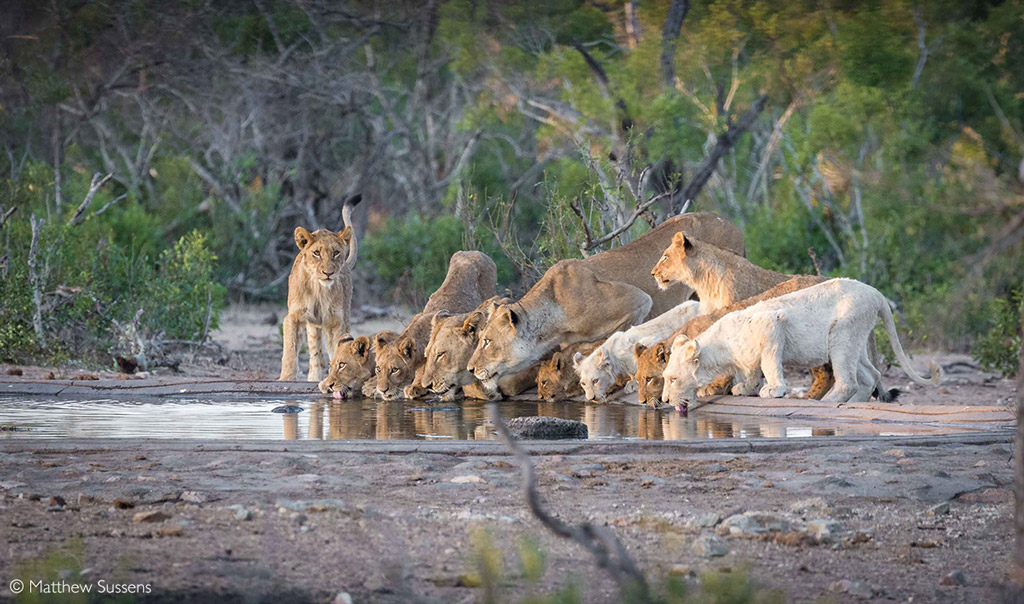
This is a copy of our weekly email newsletter. Subscribe here to receive the newsletter.
Magical Liuwa Plain + rhino climate woes

Have you noticed how difficult it is to find stimulating and informative nature-based content on most cable and streaming channels?
It’s usually hidden somewhere under ‘lifestyle’ or ‘documentaries’ and fights for attention with celebrities on staged ‘wilderness’ immersions, psychopaths out to kill the largest ‘killer fish’ or drama queen wranglers harassing snakes. Seems like there has to be a focus on humans, with nature as a prop.
There are some gems out there (like WaterBear and BBC Earth), but for the rest we have to subscribe to eight or ten channels and mine each for thought-provoking content. Any other channel suggestions where the clutter and distractions are not so disruptive?
Meanwhile, in my hometown bordering the Greater Kruger, the flowering aloes are a source of important nourishment for bushbabies, squirrels, and nectar-loving birds – and the bright flashes of yellow, orange, and red against the drab background are a wondrous sight. The bushveld looks as barren as it usually is at the tail end of the dry season in October. Poor summer rains for a few years mean this will be a challenging year for wildlife.

Simon Espley – CEO, Africa Geographic
From our Editor – Taryn van Jaarsveld

Don’t mess with a meerkat on a mission. Especially if that meerkat is the dominant female. Known to maintain their positions of power by killing female relatives and any offspring they may bear, meerkat matriarchs are fierce.
But a recent study has found that dominant females have a secret ingredient that helps them gain their social status, and stay on top: super immunity. Scientists studying meerkats in Kuruman River Reserve, South Africa, found that dominant females possess “immunity genes”, as well as a stronger response to inflammatory stimulus – both lacking in their peers. These allow the meerkats to better fight infection and maintain their social standing. The discovery shows that meerkat’s social lives impact molecular processes happening in their cells. Social interactions matter more than we think!
This week, we delve into the wonders of Zambia’s Liuwa Plain National Park, and examine the negative effect climate change may have on rhinos. See below.

DID YOU KNOW?
We donate a portion of the revenue from every safari sold to carefully selected conservation projects that make a significant difference at ground level. YOUR safari choice does make a difference – thank you!
Story 1
https://africageographic.com/stories/liuwa-plain-national-park/
LIUWA PLAIN
Liuwa Plain National Park in Zambia – a conservation success story – is home to precious wetlands, new lion prides & remote wilderness. How about a safari to Liuwa Plain National Park?
Story 2
https://africageographic.com/stories/can-rhinos-survive-climate-change/
RHINO CLIMATE WOES
Unable to cope well with prolonged periods of extreme temperatures, rhinos are particularly vulnerable to the increasing heat associated with climate change
 TRAVEL DESK:
TRAVEL DESK:
Explore two of Africa’s most popular safari destinations, or embark on the glamping safari of your dreams? Check out our safaris below and let our travel experts start crafting your authentic, tailored safari today

Collaring Kruger’s lions
Five lionesses in Kruger National Park will become part of an exciting project aiming to provide insight into how lion pride behaviour differs in fenced and open systems. In August, teams from Nelson Mandela University (NMU) and the Southern African Conservation Trust (SACT) will set out to fit satellite-tracking collars on the lionesses.
This exciting project aims to compare various behaviours between open and fenced systems by:
- Testing the effect of pride strength on territory size;
- Measuring territory infringement;
- Testing the pride’s aggressive response during territory infringements;
- Comparing stress levels of prides; and
- Comparing the ratio of prey resource availability to home-range size.
You can help in this important study by sponsoring a collar in full or by donating any amount – large or small – to support this critical conservation project. Learn more here.

 WATCH: June-July marks the best wildlife-viewing in Africa. There is very little rain expected (the dry season prevails) and temperatures are moderate – perfect safari weather. Here’s what you can expect from your June-July safari. (01:38) Click here to watch
WATCH: June-July marks the best wildlife-viewing in Africa. There is very little rain expected (the dry season prevails) and temperatures are moderate – perfect safari weather. Here’s what you can expect from your June-July safari. (01:38) Click here to watch
For more videos celebrating Africa, check out our videos here
To comment on this story: Login (or sign up) to our app here - it's a troll-free safe place 🙂.![]()






